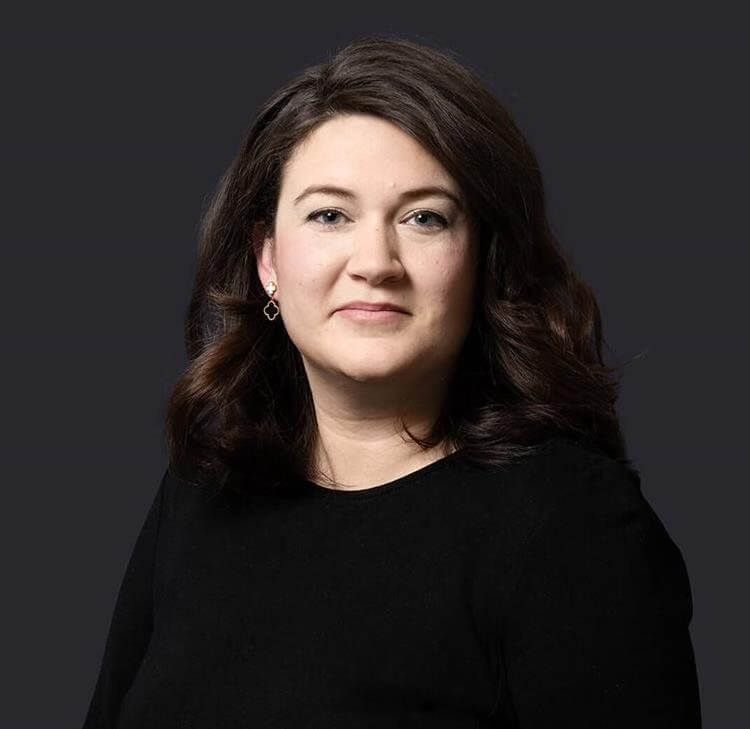Browne Jacobson duo named Intellectual Property Rising Stars
Two of Browne Jacobson’s intellectual property associates Nick Smee and Giles Parsons have been named ‘Rising Stars’ by leading IP publication Managing Intellectual Property.
Two of Browne Jacobson’s intellectual property associates Nick Smee and Giles Parsons have been named ‘Rising Stars’ by leading IP publication Managing Intellectual Property.
The annual guide highlights some of the world’s up and coming IP practitioners. This year’s listing is based on comprehensive research carried out amongst clients and peers for the 2018/19 edition of IP Stars.
Associate Nick Smee joined the firm from Gowling in May 2017 and specialises in both contentious and non-contentious legal matters across a range of sectors including automotive, manufacturing, retail & leisure and life sciences. He has particular experience in big ticket litigation; most recently this included acting for Comic Enterprises in its dispute with Twentieth Century Fox over hit TV show 'Glee'.
Giles Parsons joined the firm as a trainee and is one of the team’s most senior associates specialising in intellectual property dispute resolution, including patents, confidential information, trade marks and passing off, designs and copyright. His notable cases include leading a successful trade mark infringement claim in the IPEC court on behalf of Moet Hennessy. Giles is ranked in Legal 500 for brand management and intellectual property.
Declan Cushley, head of the commercial and intellectual property team, said
“We are delighted for Nick and Giles who thoroughly deserve this recognition.
“They are two outstanding associates and their inclusion in this year’s listing is just reward for a tremendous work ethic, commitment to their personal development and delivering exceptional client service.
“We have always placed a strong focus on nurturing and supporting exceptional young talent and we look forward to seeing both of them continue to develop their careers with us.”
Browne Jacobson’s 20-strong national specialist IP practice extends over offices in London, Birmingham and Nottingham. Its extensive experience spans the whole range of IP rights from various trade mark, design, patent and copyright infringement matters to R&D and collaboration agreements and a premium client portfolio that includes: Mace, Marstons, London EV Company Limited, Aston Martin and PZ Cussons (St.Tropez & Charles Worthington), amongst others.
Contact

Kara Shadbolt
Senior PR & Communication Manager
kara.shadbolt@brownejacobson.com
+44 (0)330 045 1111








































